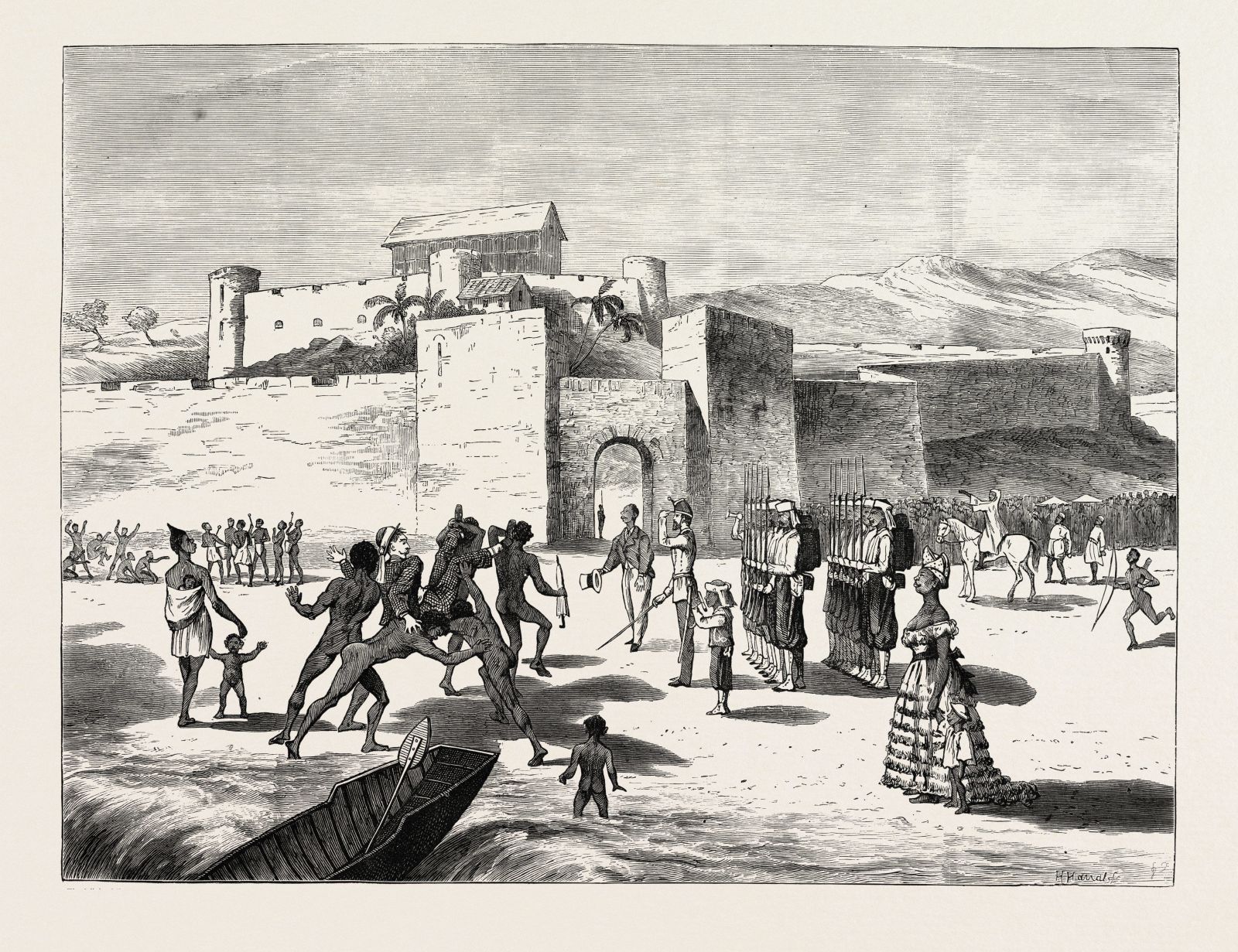Development studies
Don’t get distracted by administrative concerns

Twelve years ago, a group of European development scholars drafted a vision for international development studies. To what extent this vision is still valid was discussed at the general conference of EADI (European Association of Development Research and Training Institutes) in Bergen, Norway, in August. It was generally accepted that vision’s core tenets still hold true, including that the field
- is inter- and multidisciplinary,
- focuses on understanding social, economic, political and cultural aspects of change and
- is geared to solving issues relating to development processes and inequality.
In important ways, however, the field is adapting to a changing world. Elisabetta Basile from the University of Rome considers it essential to pay more attention to “knowledge production in the global South”. The time when development studies was basically about scholars from Europe and North America trying to find out how countries in Africa, Asia and Latin America could become more like their own is over. In view of environmental and other challenges, moreover, change is needed in the supposedly developed world too.
Edith Phaswana from the University of South Africa calls for a “decolonisation” of scholarship, emphasising that the historical context must be considered if one wants to understand the current state of any given country. She reports that some African intellectuals are in favour of delinking entirely from European and North American universities. She disagrees with them, however, because “we must coexist in this world”.
According to Gilles Carbonnier from the Graduate Institute, Geneva, delinking has already occurred to a considerable extent in Latin America, where scholars increasingly refer to peers from their own continent and use their own concepts. “Buen vivir” (good life) is probably the best known of these concepts. It stresses the welfare of communities as well as a healthy natural environment.
In the experience of Joost Mönks from the Geneva-based education-policy think tank NORRAG, young development-studies communities are growing fast in China, India, Brazil and South Africa. For obvious reasons, it is important to learn the lessons of emerging markets’ successes and study their failures.
Our era is marked by inequality and need. It is also marked by authoritarian populists and fake news. In view of these challenges, scholars must do more than give technocratic advice to governments. Isa Baud from the University of Amsterdam, whose term as EADI president ended in Bergen, wants development studies to become politically relevant rather than merely policy-relevant.
Her successor as EADI president, Henning Melber from the Uppsala-based Nordic Africa Institute, agrees. In his eyes, the development-studies community should advocate “global partnerships with as little asymmetric distortion as possible, despite the continued hierarchies structurally embedded in our unequal world”.
In this context, the Sustainable Development Goals are seen as good guidelines for policymakers, but inadequate guidelines for researchers. Uma Kothari from the University of Manchester warns that development researchers must not allow concerns of administrative policy implementation to distract them from the crucial task of spelling out critical political theory.











